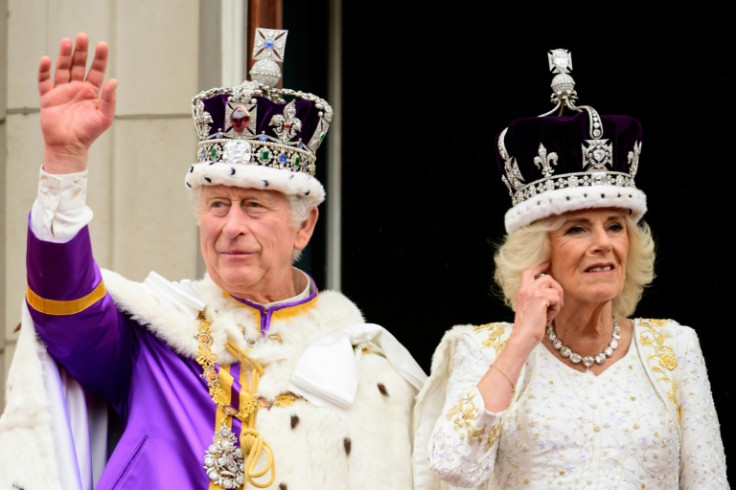Why Buckingham Palace Will Not Return Prince Alemayehu's Remains To Ethiopia
The Buckingham Palace said Monday it will not be returning Ethiopian Prince Alemayehu's remains to his family. Prince Alemayehu, who died at the age of 18, was buried at Windsor Castle 144 years ago.
"We want his remains back as a family and as Ethiopians because that is not the country he was born in," one of the royal descendants Fasil Minas told the BBC, adding "it was not right" the prince was buried in the U.K.
However, a Buckingham Palace spokesperson told the BBC in a statement that despite the family's request, removing his remains could disturb the others who have been laid to rest in the catacombs of St George's Chapel in Windsor Castle.
"It is very unlikely that it would be possible to exhume the remains without disturbing the resting place of a substantial number of others in the vicinity," the palace said, adding that previously, the Royal Household had "accommodated requests from Ethiopian delegations to visit" the chapel.
Prince Alemayehu, who was the only legitimate son of Ethiopian Emperor Tewodros II, had arrived in the U.K. at the age of seven after his father died by suicide in 1868, following his defeat at the battle of Magdala in Ethiopia.
After the battle of Magdala, which was fought between the British and the Abyssinian forces, the former seized most of the region's artifacts, and took away Prince Alemayehu and his mother, Empress Tiruwork Wube.
Queen Victoria, who had arranged for Prince Alemayehu's education, wrote in her diary about the young man's death following a suspected pneumonia.
"Very grieved and shocked to hear by telegram, that good Alemayehu had passed away this morning. It is too sad! All alone, in a strange country, without a single person or relative, belonging to him," she said. "His was no happy life, full of difficulties of every kind, and was so sensitive, thinking that people stared at him on account of his color... Everyone is very sorry."
This was not the first time that a demand had been made for the return of Prince Alemayehu's remains.
In 2007, Ethiopia's then-President Girma Wolde-Giorgis requested Queen Elizabeth II for the remains to be sent back. However, the plea was not heeded.
"We want him back. We don't want him to remain in a foreign country," Ethiopian royal descendent Abebech Kasa told the BBC. "He had a sad life. When I think of him I cry. If they agree to return his remains I would think of it as if he came home alive."
The latest statement from Buckingham Palace on Prince Alemayehu's remains comes days after the coronation ceremony of King Charles III.
Recently, the palace managed to stay away from another such international row by choosing the crown of Queen Mary for Camilla's coronation instead of the disputed 105-carat Koh-i-Noor diamond, which India has demanded be returned, the Associated Press reported.
The East India Company had seized one of the largest cut diamonds in the world during the colonial era and presented it to Queen Victoria. The crown, which holds the precious stone, was last worn by Charles's grandmother during her coronation.
There have also been several controversies related to the Nigerian Benin Bronzes, which were part of thousands of artifacts that were looted by a British military expedition in 1897 from the Kingdom of Benin, now known as Nigeria. The Nigerian government has been fighting to get the looted artifacts, most of which remain in museums in Europe and the United States.
Buckingham Palace also has a Benin bronze; however, the artifact was reportedly not part of the loot, but was gifted to Queen Elizabeth II, according to the Telegraph.

© Copyright IBTimes 2025. All rights reserved.





















